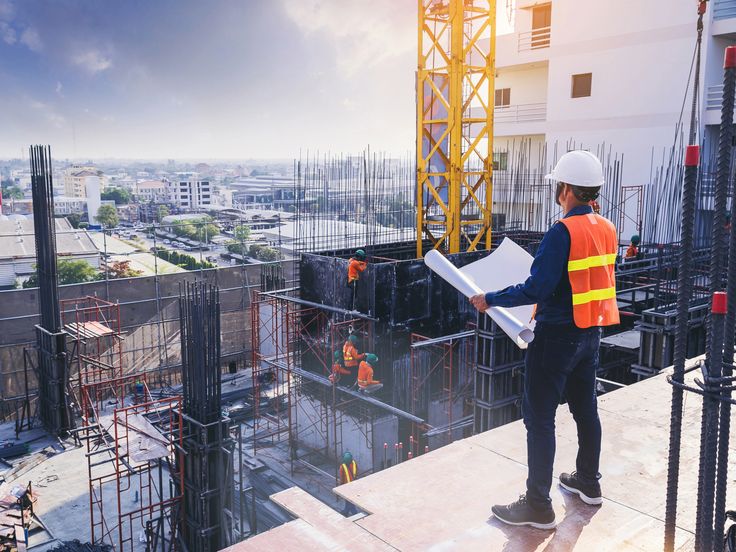The tremendous speed of industrialisation and transportation developments in the Gulf area has placed Geotechnical Engineering in Qatar & Saudi Arabia at the forefront of projects progress. Understanding how the ground works is crucial for the safety and stability of various building types, including office buildings, roads, and businesses. However, that area’s particular geophysical and biological issues necessitate specialised methods and creative fixes.

Geotechnical Engineering’s Significance
Important information on the state of rock, soil, and drainage is provided by geotechnical engineering. Reliable geotechnical data guarantees the following in Saudi Arabia and Qatar, where massive infrastructure projects are changing cities:
secure and reliable pillars
Economical designs
Reduction of the risk of soil failures
Using sustainable building methods
Projects run the danger of settlement, foundation failure, and expensive changes if site assessments are not done accurately.
Qatar’s Geological Difficulties
For engineers, Qatar’s geology presents unique difficulties:
Weak Magnesium Soils: The bearing capacity of much of Qatar is restricted by weak calcium and limestone formations.
elevated water tables can make excavation and foundation work more difficult. This is known as shallow groundwater levels.
Competitive Soil Conditions: Construction materials, especially concrete and structural steel, may rust due to salinity and sulphates in the soil.
Because of these difficulties, thorough geotechnical engineering in Saudi Arabia and Qatar is essential for anything that is safe.
Difficulties in Saudi Arabia’s Geological
The large terrain of Saudi Arabia has its own complications:
Diverse Surface: The country’s soil types range greatly, from hilly areas to sandy arid regions.
Collapsable Soils: Loess-like collapsable soils in central regions need to be treated with caution.
Geological Activity: Geological hazards in western areas close to the Red Sea necessitate the use of sophisticated foundation technologies.
If not correctly treated, expanded clay soils can result in substantial heaving and cracking in building.
In order to construct appropriate basements, contractors in Qatar and Saudi Arabia mostly rely on comprehensive geotechnical engineering.
Innovative Geotechnical Engineering Solutions
Engineers in Saudi Arabia and Qatar use contemporary tools and methods to tackle these issues:
Techniques for Improving Soil: Compaction, grouting, and stone columns for ground stabilisation.
Piling and raft foundations are used in deep basements to securely carry loads in areas of unstable soil.
Groundwater Management: During construction, pumping technologies are used to regulate elevated water tables.
Digital and 3D Simulation: For precise investigation of the soil-structure interaction, 3D laser scanning and sophisticated geotechnical software are used.
Inspection for Material Strength: Ensuring corrosion resistance in harsh soil conditions.
These technologies lower future upkeep expenses while also ensuring comfort.
Examples in the Gulf Cooperation Community
Underground Projects in Qatar: To handle weak rock and groundwater issues, extensive soil studies and irrigation methods were essential.
Building Projects in Riyadh: To guarantee long-term structural integrity in collapsable soils, piling foundations and soil stabilisation techniques were used.
These instances demonstrate how important geotechnical engineering is to the effective construction of structures in Saudi Arabia and Qatar.
The GCC’s Prospects for Geotechnical Engineering
The need for creative geotechnical solutions will only increase as massive structures like Lusail City, located in Qatar and NEOM Construction in Saudi Arabia continue growing. The next phases will centre on:
Ecological handling of soil
Geophysical evaluation powered by AI
Drone-based surveys and mapping
environmentally responsible methods for applying cosmetics
conclusion
In Saudi Arabia and Qatar, geotechnical engineering is essential to the development of ecologically friendly, dependable, and safe buildings. This field makes sure that big projects in the Gulf endure for decades by addressing difficult soil conditions and providing cutting-edge technological solutions. Contractors and developers may overcome the region’s particular geological challenges and construct with security by embracing creativity.


